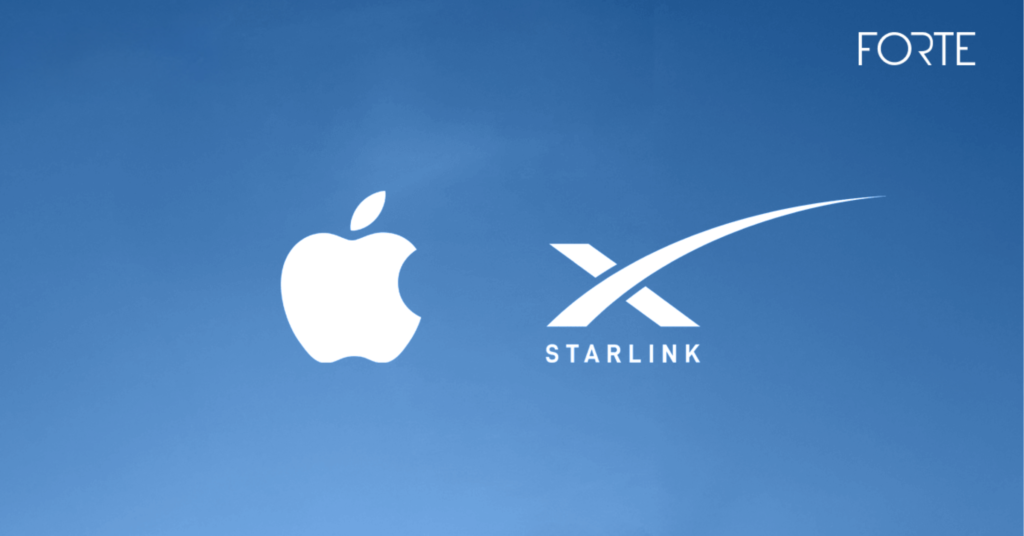As digital transformation accelerates, companies are faced with the challenge of adapting their IT infrastructures to meet the growing demands of an ever-evolving technological environment. To remain competitive and seize the opportunities that digitalization offers, it is essential to have a robust, scalable and future-proof infrastructure.
The Future of IT Infrastructure
According to the IDC, the global IT infrastructure management market is expected to reach US$1.4T 250 billion by 2028. This growth will be driven by a compound annual growth rate of 9.41T 3T between 2023 and 2028. This reflects the increasing adoption of technologies such as cloud computing, automation, and advanced security, which are crucial to supporting technological advancements and market demands.
Furthermore, 41% of companies in the European Union already use cloud services, according to the Eurostat. However, the need for expansion is evident in global markets. In addition, the decentralization of IT management has also become an increasingly solid trend. Companies are turning to managed service providers to optimize resources and focus on innovation.
Essential and strategic elements
- Scalability and cloud: Cloud solutions such as multicloud and HCI (hyperconverged infrastructure) are essential to support variable workloads and improve efficiency. Companies that invest in flexible systems are better prepared to respond to rapid market changes and the growing demands of AI and automation.
- Security and resilience: With cyberattacks on the rise, integrated security solutions are needed to protect data and ensure business continuity. Additionally, many companies are opting to outsource IT security, ensuring access to experts and cutting-edge technologies without overburdening in-house teams.
- Sustainability: Compliance with regulations such as the Corporate Sustainability Reporting Directive (CSRD) and the transition to energy-efficient data centers are critical. Companies that integrate sustainable practices gain a competitive advantage and meet the rising expectations of consumers and investors.
- Automation and artificial intelligence: Automating processes and adopting AI can streamline operations, improve data analysis, and increase operational efficiency. This approach is especially important in industries that deal with large volumes of data.
Strategic investment in IT infrastructure
In short, companies that want to stay ahead in the digital age need to review their current IT infrastructure. It is also essential to assess its expansion capabilities, security and sustainability.
This may include migrating to cloud platforms, adopting emerging technologies, and partnering with specialized vendors that offer scalable and innovative solutions.
Outsourcing security and monitoring services is a strategic solution that not only reduces operational costs but also maximizes efficiency by relying on experienced partners. Solutions such as Sketch and the Privacy21, offered by Strong Security, are examples of how to ensure visibility, protection and compliance in an increasingly complex digital environment.
By investing strategically in your IT infrastructure, your business will not only meet today’s demands, but will also be positioned to thrive in an increasingly digital future.



